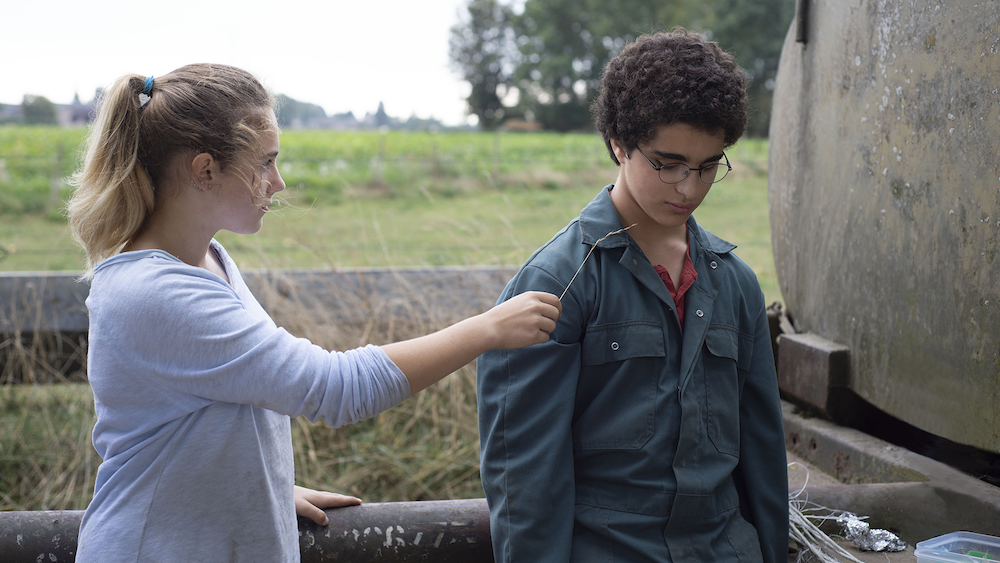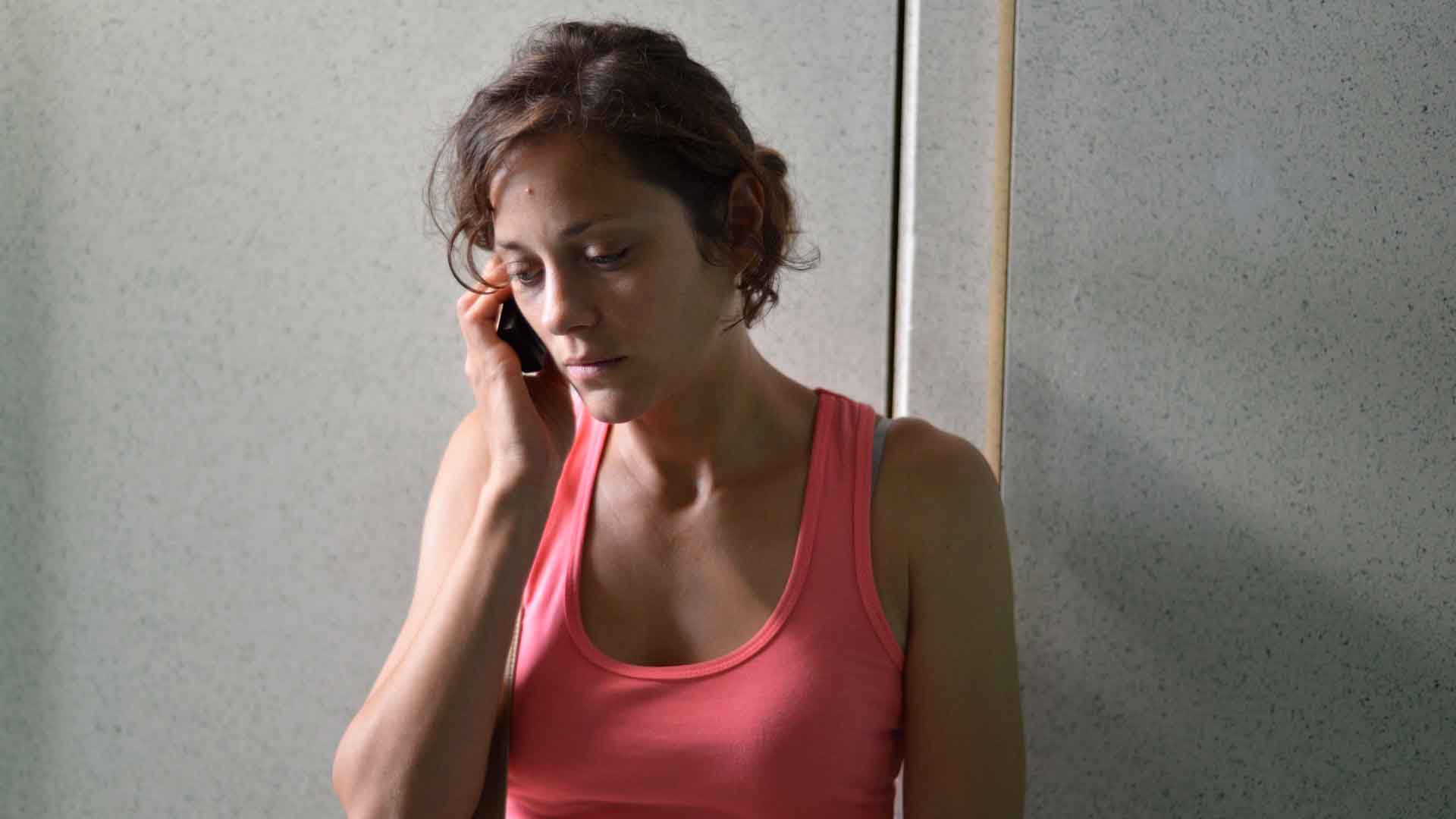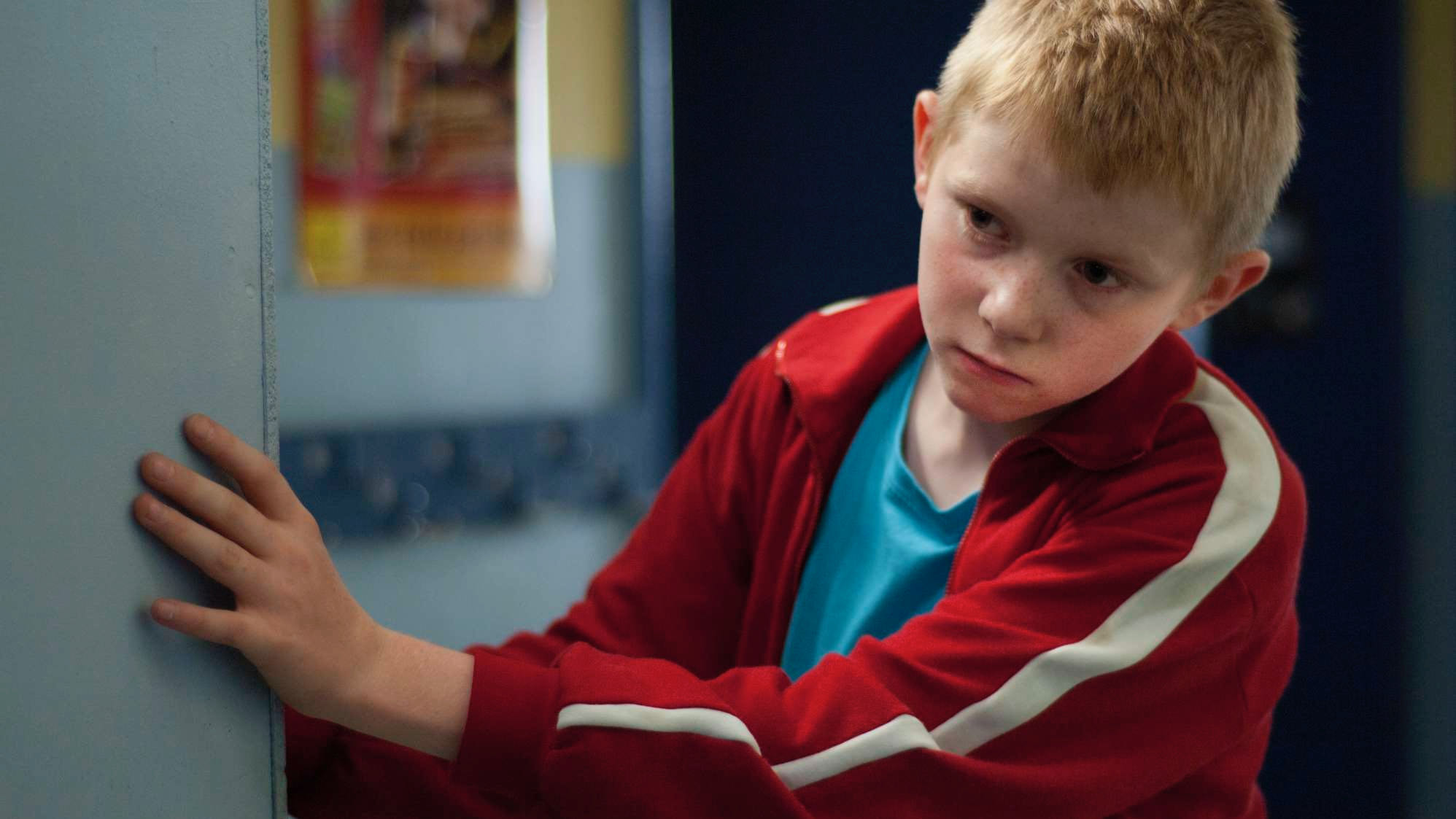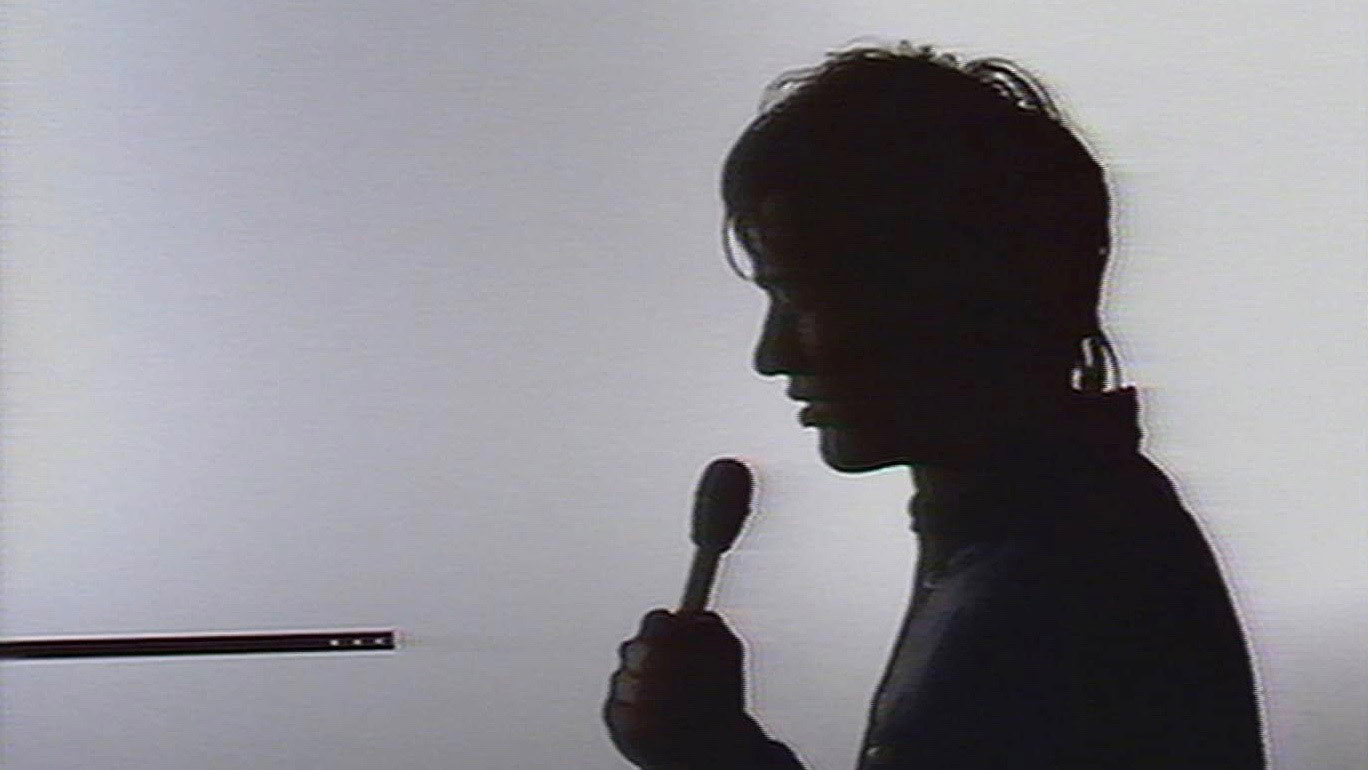↓
Jean-Pierre Dardenne, Luc Dardenne
Jean Pierre Dardenne (Belgium, 1951) studied the dramatic arts at the Institut des Arts de Diffusion (Institute of Broadcasting Arts) in Brussels where he was taught by the director and poet Armand Gatti, thanks to whom he, and his brother Luc Dardenne (Belgium, 1954), would begin directing their first films.
Luc Dardenne, for his part, had studied philosophy and sociology. During the 1970s they would make a series of politically engaged documentary films before founding their own production company in 1975: Dérives. Some years later, in 1994, they would found their film company: Les Films du Fleuve. They made their first full-length film, Falsch, in 1987; it was an adaptation of a theatre play concerning the last surviving member of a Jewish family exterminated by the Nazis. The film would mark a major turning point in their career as their first fictional work.
In 1992 they directed Je pense à vous, but would have to wait until 1996 before receiving wider recognition at the ‘Directors Fortnight’ in Cannes with La promesse [The Promise]. They received their first Palme d’Or at the Cannes Film Festival for Rosetta in 1999. Three years later Olivier Gourmet received the Festival’s Best Actor award for his role in Le fils [The Son]. In 2005 the brothers received another Palme d’Or for L’Enfant [The Child], thus joining the very exclusive club of filmmakers to have won the Palme d’Or on two occasions. Furthermore at Cannes, they would also receive the 2008 Best Screenplay award for Le silence de Lorna [Lorna’s Silence], a drama about clandestine immigrants; and the 2011 Grand Prix award for Le gamin au vélo [Kid With a Bike].
After this they went on to make Deux jours, une nuit [Two Days, One Night] with the actress Marion Cotillard and La fille inconnue [The Unknown Girl] with Adèle Haenel. In 2019 they received the Cannes Film Festival’s Best Director award for Le jeune Ahmed [Young Ahmed], a film about the destiny of a teenager embracing Islamic extremism. In 2022, their film Tori et Lokita premiered in Cannes and received the Prize of the 75th Festival de Cannes.
In contemporary Belgium, the faith of 13-year-old Ahmed swings between the absolute ideals of his imam and the temptations of life.
Sandra is a young woman who has only one weekend to convince her colleagues they must give up their bonuses in order for her to keep her job.
Young Cyril wants to find his father who placed him in a children's home. During his search, he meets Samantha, who takes him into her home on weekends.
A fascinating documentary about the Radio Free-movement in Europe, which gives voice, for instance, to the anti-nuclear campaigns, student protests in Italy, and problems of racism encountered by immigrants.



